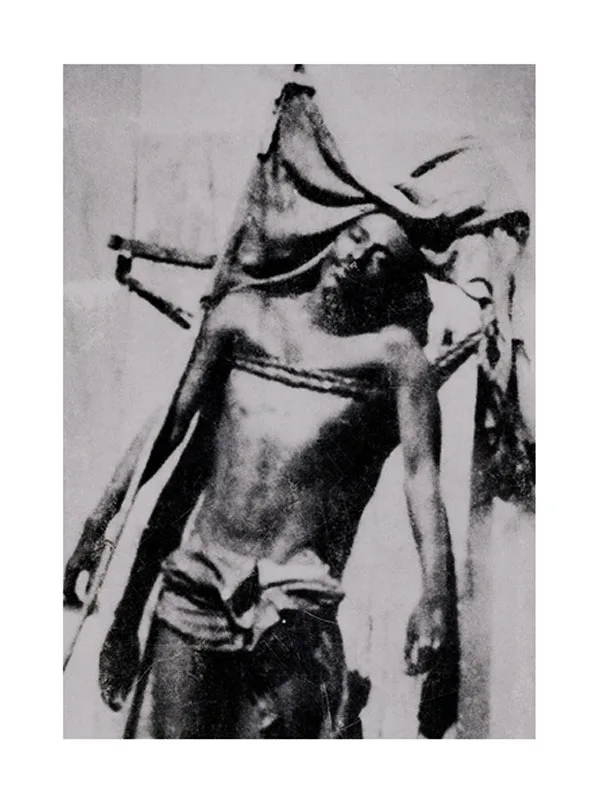The United States invasion and occupation of Haiti, spanning from 1915 to 1934, remains a complex and controversial chapter in both American and Haitian history. Motivated by a combination of political, economic, and strategic interests, the intervention aimed to stabilize Haiti, yet it also stirred profound consequences and ignited debates about sovereignty and imperialism.
Table of Contents
Historical Context
In the early 20th century, Haiti experienced political instability, economic challenges, and internal strife. Presidents were overthrown in quick succession, creating a volatile environment. The U.S. government, alarmed by the potential threat to its interests, particularly economic investments and the Panama Canal, justified intervention under the guise of restoring order.
The Invasion
In 1915, President Woodrow Wilson ordered U.S. Marines to land in Haiti, claiming it was necessary to protect American lives and property. While the initial intent was to establish stability, the reality was often marred by instances of brutal repression and the imposition of U.S. influence on Haitian affairs. The U.S. administration justified its actions through paternalistic rhetoric, citing the need to “teach Haitians how to govern themselves.”
Occupation and Transformation
During the occupation, the U.S. administration, under the auspices of the Haitian Constabulary, assumed control over key institutions, including the police and the Treasury. Economic reforms were introduced to benefit American business interests, such as the establishment of the National Bank of Haiti, effectively placing the country under economic tutelage.
While the U.S. intervention did bring some stability to Haiti, it came at a significant cost. Resentment grew among the Haitian population, who perceived the occupation as an infringement on their sovereignty and a perpetuation of the colonial legacy.
Resistance and Consequences

Resistance to the occupation took various forms, including armed uprisings and political movements. The most notable was the Cacos Rebellion led by Charlemagne Péralte, which sought to resist foreign control. The U.S. response to these movements was often heavy-handed, leading to casualties and further fueling anti-American sentiments.
The occupation’s long-term consequences were multifaceted. While it facilitated infrastructural development and modernization, it left a lasting impact on Haiti’s political landscape. The occupation sowed seeds of mistrust and contributed to the emergence of a political culture marked by instability and foreign interference.
End of the Occupation
The prolonged occupation faced increasing criticism both domestically and internationally. By the early 1930s, the U.S. government, facing pressure to adhere to its principles of self-determination and sovereignty, began the process of withdrawal. In 1934, the last U.S. Marines left Haiti, ending the formal occupation.
Legacy and Reflection
The legacy of the U.S. invasion and occupation of Haiti is a subject of ongoing debate. Some argue that it laid the foundation for modernization, while others emphasize the profound negative impact on Haitian sovereignty and identity. The events of this period continue to shape Haiti’s relationship with the United States and influence discussions surrounding foreign interventions and their consequences.
Conclusion:
The United States’ invasion and occupation of Haiti represented a complex interplay of geopolitical interests, economic motivations, and a perceived responsibility to bring stability to a troubled nation. While the occupation did achieve some short-term objectives, its legacy is marked by a contentious and ambivalent mix of progress and oppression. Understanding this historical chapter is crucial for comprehending the nuances of U.S. foreign policy and its impact on the nations it seeks to influence.
Author
Stay connected for new publications, events, and more.







More Stories
Le Prix de la Liberté : 17 Avril 1825, une Ordonnance Injuste. Déclaration de Macron
Toussaint Louverture : L’Héritage Immortel d’un Révolutionnaire à l’Occasion de l’Anniversaire de Sa Mort
La Constitution de 1987 : Un Pilier de Démocratie et d’Esprit Haïtien